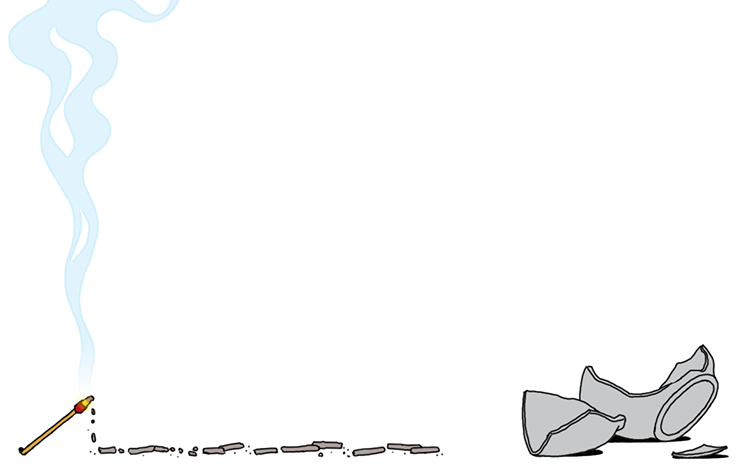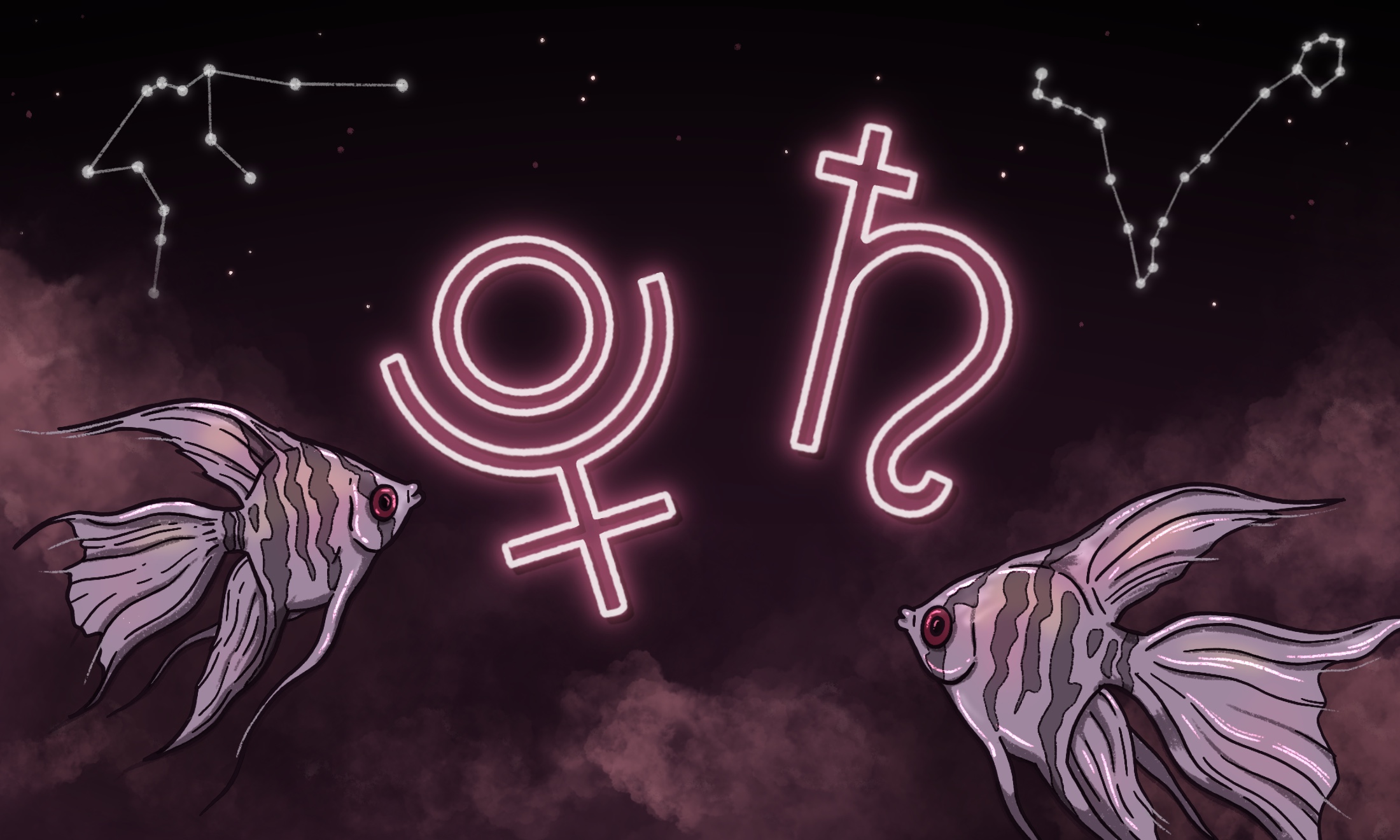
Bereavement is not unique to any culture. In fact, its universality was evident in the way everyone in my life knew exactly how to react when I went through it. I am grateful for the embraces and support that I’ve been able to count on. I’ve experienced the loss of three grandparents. In the past months, I’ve heard many variations of “they loved you, and you loved them”. This is not untrue. However, for a Chinese granddaughter, even one who left her ancestral home two decades ago, love, as the West understands, does not suffice. An ancient Chinese law comes into play, xiao.
Xiao, also known as filial piety, is about family ties and responsibility. Its closest cousin in the West is love but it isn’t the same. Unlike love, xiao can be cruel and punishing. While love flows both ways, xiao arises unidirectionally from children to their elders, as natural as the sky is blue. Xiao can coexist with love, and often does – but crucially, it doesn’t need to. How you feel doesn’t really matter in front of the obligation of xiao, which boils down to the responsibility to take care your elders in old age until the very end.
“My grandpa had lost his hearing, so in his last year of life we spent a lot of time just quietly gazing at each other through the iPad”
In 1997, we left China. The significance of this is still slowly revealing itself to me. But it irrevocably devastated my grandparents. Since 1997, I have only seen them a handful of times. During the visits, as my memories of them became blurrier, I inevitably transformed into an adult with whom they had very little in common. Towards the end, we enlisted an iPad and some intensive training to bring my grandparents on board with video-chatting. My grandpa had lost his hearing, so in his last year of life we spent a lot of time just quietly gazing at each other through the iPad.
It only takes one generation of children to grow up outside of China for the weight of xiao to evaporate. Those of us who made the choice to leave our family behind cannot shake the paralysing fear that with this choice, we neglect xiao. To be filial, you must be physically present. We pay in pain – in not being able to touch those we love, in experiencing the passage of time in great, breathtaking leaps between visits, when age feels most cruel.
“Love in the Western sense is not enough to describe what happens to migrants as years and distances pull their families apart and shroud older people in loneliness”
Love in the Western sense is not enough to describe what happens to migrants as years and distances pull their families apart and shroud older people in loneliness. Love seems a pathetic way to describe the feeling stirring in my heart when I watched my father, standing in the pale grey light on the morning of my grandmother’s funeral, raise a ceramic bowl above his head, and smash it on to the ground. The bowl held the ashes from the paper money we burned for her to use in the afterlife. Breaking the bowl signified the end of her life on earth. My father was clad in white, with a white cloth wrapped around his head. This is the suit of xiao.
This was the third Chinese funeral I’d attended in a short space of time. These days, people are dying at such a pace in China that funerals have become a booming, macabre business.They seem to my European tastes obsequious and disrespectful, mass-produced shows of twisted customs, some thousands of years old and some a practical result of a recent land shortage. The ashes are held in ornate urns of oak, which are then unceremoniously sealed with concrete by underpaid migrant labours, whose cigarette butts drop ashes on to my ancestor’s resting places.
“Love can be unrequited and unconditional. In pain, love redeems. In xiao, however, if you fail, you have simply failed”
Yet all this was muted as I watched my father smash this bowl. I watched the morose faces of relatives and friends standing around looking at him, mostly strangers to me by now. I heard his intake of breath – a sound I’d never heard before, unique to the pain of a son who has lost his mother. This isn’t about love. Each time, as I dropped to my knees to lower my forehead on to the ground to kowtow for them, it wasn’t out of love – it was out of penance for not being xiao. I had grown up to become somebody whose life is guided by love. Love forgives, you see. Love can be unrequited and unconditional. In pain, love redeems. In xiao, however, if you fail, you have simply failed.
Ancestor worship has become this archaic thing that I sometimes discuss with mild sociological interest, as if its weight on me isn’t real. Perhaps one more generation down the line, this feeling will have been assimilated away. But for now, I rest my forehead on the ground because I know that I am a descendant of ancestors whose every fibre was haunted by unrelenting hardship. That the millennial life I lead rests on the sacrifices of Chinese women with bound feet whose names history books did not bother to remember. They would not recognise the person I have become. Aside from a few physical traits, the only language we had in common was the law of xiao.
“Because of the sacrifices she made, I received an education she can be proud of”
The only thing that may be unique about my generation is the emergence of technology that connects us to family in unprecedented ways. But as migrants move, the laws which hold families together also change. We find our roots in wistful moments, we hark back to the ancestors we look like but have never known. I am the generation with whom xiao might die, which is perhaps no sad event. But for better or for worse, I cannot let go of it just yet.
I have my grandmother’s teeth. I look a lot like her anyway, something that used to make her happy. But she always regretted passing me her square, gapped teeth, because she worried they weren’t beautiful. In the world she navigated without ever being taught to read, a woman who isn’t beautiful is worth less, so this was a legitimate concern for her. So I think about trying to communicate to her, wherever she is, that because of the sacrifices she made, I received an education she can be proud of. That I learned to be strong, and to find beauty in myself and the world around me. That she doesn’t need to worry about me anymore because I will be OK. But most of all, I want to tell her I love my teeth, because they are hers. Because even though I left, for the rest of my life, I will look just like her.








